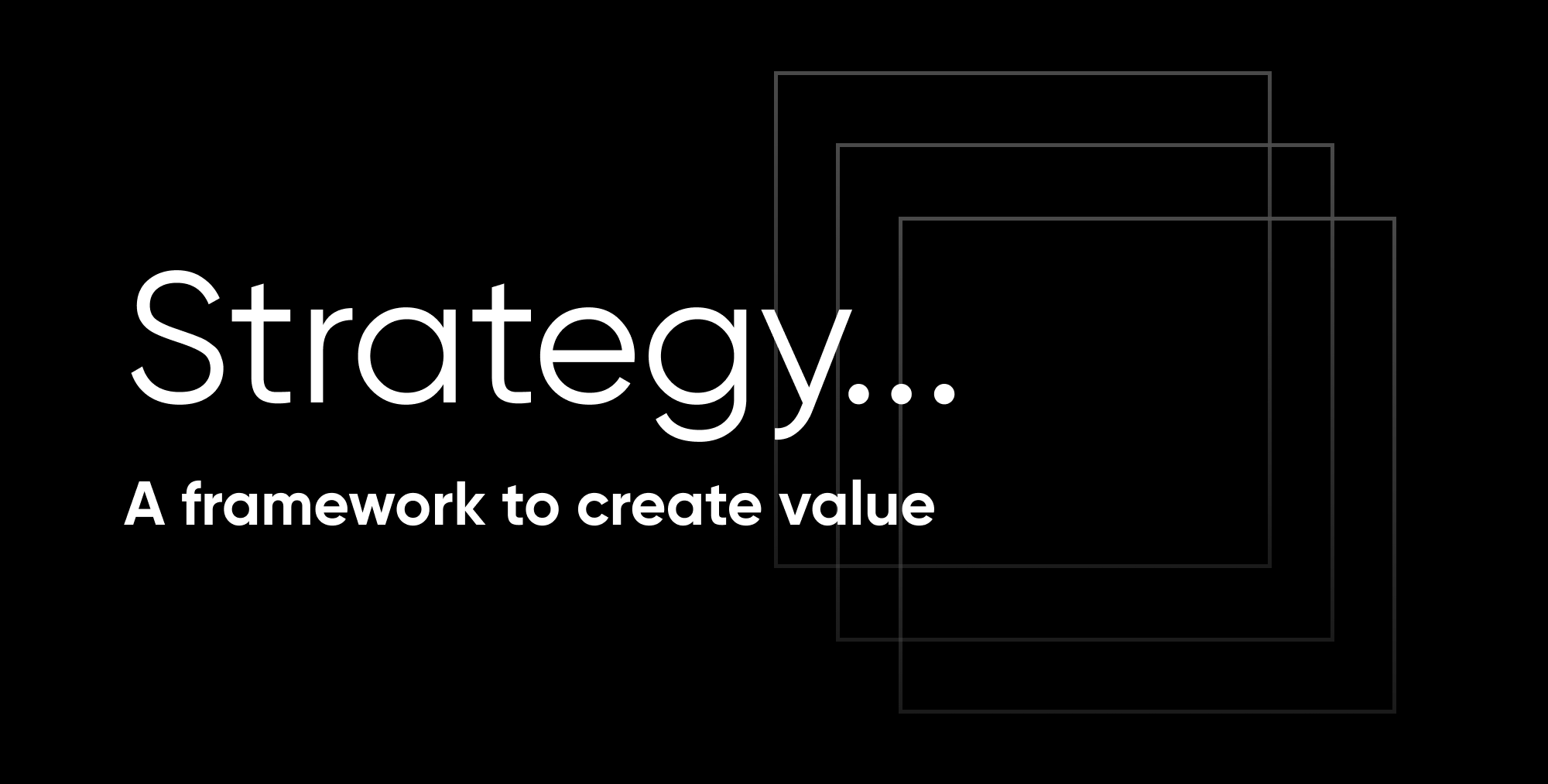In Business, Strategy is usually defined as an action plan designed to achieve a long-term or overall aim. Business owners are getting more and more interested in creating value in the work environment using certain strategies. A winning value creation strategy is essential to define where and how a company can excel in systemic change, sustaining the core, creating the new and delivering fast.
Types of Strategy
Business Strategy: Customer Experience
This focuses on How your customer will experience your business. It is primarily concerned with how your company will approach the marketplace – where to play and how to win.
Where to play answers questions like:
- Which customer segments will we target?
- Which geographies will we cover?
- What products and services will we bring to market.
How to win answers questions like:
- How will we position ourselves against our competitors?
- What capabilities will we employ to differentiate us from the competition?
- What unique approaches will we apply to create new markets?
Senior managers typically create the business strategy. After it is created, business architects play an important role in clarifying the strategy, creating tighter alignment among different strategies, and communicating the business strategy across and down the organisation in a clear and consistent fashion.
Operational Strategy: People & Process
It is primarily concerned with accurately translating the customer-centric business strategy into a cohesive and actionable implementation plan.
Operational strategy answers questions like:
- Which capabilities need to be created or enhanced?
- Which processes need improvement or a complete redesign?
- Do we have the people we need and do they have the right skill base?
The vast majority of business architects are currently working in the operational strategy domain reaching up into the business strategy domain and communicating with leadership for direction.
Transformational Strategy: Platform Technology
This focuses on how your technology can enable and transform your organization. We aren’t talking about automation… we are talking about true digital business model transformation. It is seen less often as it represents the wholesale transformation of an entire business or organization.
This type of strategy goes beyond typical business strategy in that it requires radical and highly disruptive changes in people, process, and technology.
Transformation strategy is generally the domain of the Project Management Office (PMO), organizational development, and consultants. Few organizations go down this path willingly and with reasonable expectation of the resources it takes.
These efforts are incredibly complex and require highly experienced and knowledge technical resources. There is also significant benefit from applying business architecture discipline though it is rare to see business architects playing a significant role here.
Summary
To sum up, strategy is essential when aiming for success. Thus, investing time and energy in building a strong business strategy is a must. Though, not all types of strategy work is the same. Each strategy requires a unique set of skills, resources, varying approaches, and plans to execute that strategy right. Leadership and business architects who are successfully delivering in one role should be actively developing the skills they need to move into other strategy domains.






